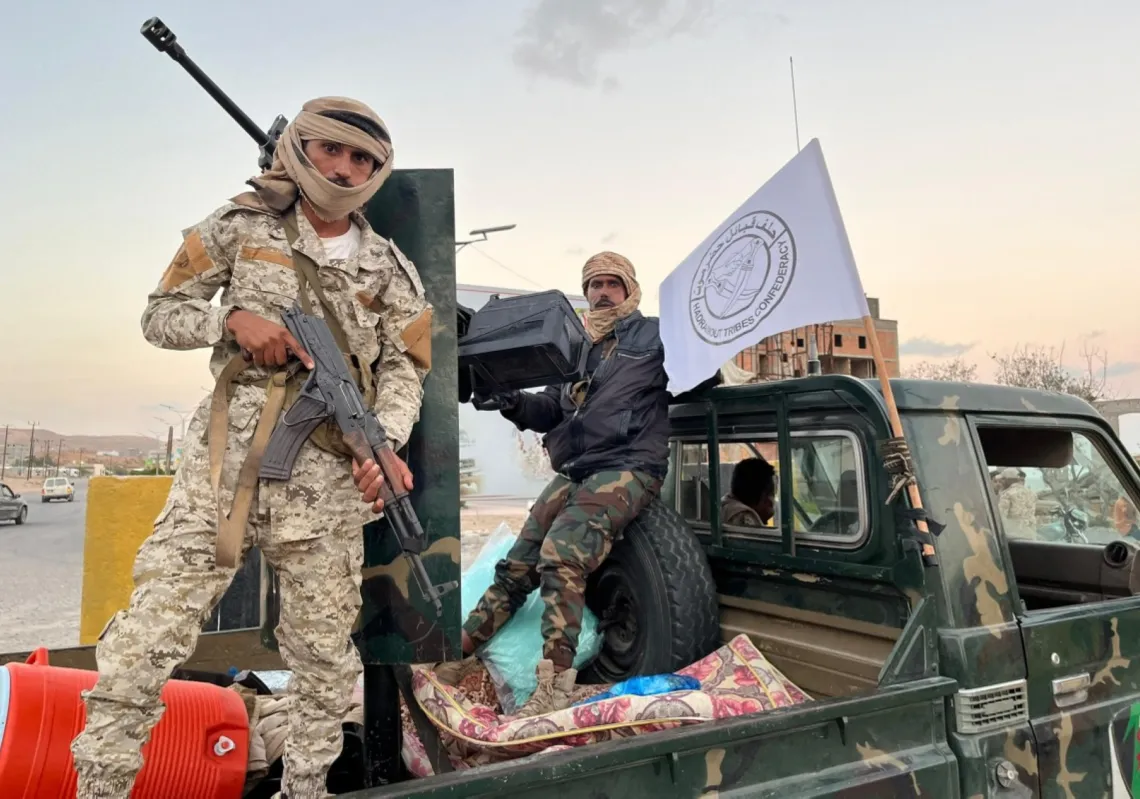The twentieth of November 1979 was not an ordinary day for Saudi society. On that day a group led by a man called Juhayman-Otaibi occupied The Holy Mosque in Mecca.
Juhayman was a known figure in Saudi society at the time. Many religious scholars and religious students from around the world had met Juhayman. They had listened to his Brotherhood-ideas, his embrace of the Muslim Brotherhood doctrine was well known to everyone, except for some minor modifications which the nature of society he lived in had made necessary. They had also met with Mohammed al-Qahtani, whom Juhayman pledged allegiance to, as he believed him to be the Mahdi (the prophesied saviour of Islam).
But, as much as the Saudi society was totally shocked by Juhayman's acts - especially those who realized the seriousness of what he did – the implementation of Juhayman's demands from Saudi society were already under way, without knowing what the outcome of such an incident would be.
I disagree with the supporters of such hypothesis which states that Juhayman's activities are solely responsible for what Saudi society has become. The reason for which I can't accept this hypothesis is that its an incoherent argument. Politically, the state would not respond to Juhayman's demands and apply these demands, while, at the time, fight this trend during the days of the occupation of The Holy Mosque and issued death sentences for the perpetrators of the attack.
Instead, I believe that what Juhayman really did, was to accelerate cultural changes in Saudi society faster than expected, especially since this society was going to witness the Russian-Afghan war, which would erupt a month later, after the incident of The Holy Mosque.
On the twenty fifth of December of the same year the Soviet Union entered Afghanistan. As a result the Afghan war broke out. These events changed many approaches of social intellect in many Islamic societies. I believe that if the Afghan war hadn't coincided with the incident of The Holy Mosque, the impact of the incident would have been less significant.
Many analysts believed that the Juhayman's incident was the reason behind intellectual change and the tendency towards extremism in Saudi society. Indeed, the intellectual impact of Juhayman's incident could have been stopped by simply wiping out the rebels. But Juhayman's incident succeeded in changing the intellectual culture of Saudi society. The incident allowed for a shift in intellectual thought, with the help of social and political factors at the local and international levels. Such factors ranged from an explicit Muslim Brotherhood trend to a Sahoa (Wake-up) movement, which mainly consisted of intellectual views derived from the pre-existing intellectual Brotherhood in the Saudi society for nearly two decades.
Analysts believe that the incident of the Holy Mosque had a significant impact on society - in terms of the quality and quantity of intellectual thoughts - because of the similarity between the demands of the Sahoa movement in the years following the incident, and those of Juhayman's.
We must consider the gap in time between the Juhaymanis and the Sahoaies. This time gap was defined by international and domestic policies through trends which allowed for radicalism according to the Sahoaies’ approach to society, with a clear understanding that the demands of Sahoaies does not differ from those of Juhaymanis.
The political internal and external circumstances encouraged Sahoa (Wakeup) leaders to fight and declare Jihad, but a kind of Jihad exercised outside society. They urged the young people who wish to bring back the Islamic History through realistic experiences of battles between Muslims and disbelievers, as they called them. Sahoa leaders directly called for participating in the Afghani war. For Juhayman, the situation was different. I think Juhayman could have been a real successor of Bin Laden, had he delayed implementing his operations for more than a month. If he had been patient, he would have changed his plans, to gain a geographical space where he could have implemented his suggestions and ideas in Afghanistan with a global, political support. Having been known for his extremism and strong tendency to Brotherhood, he could have been directed to Afghanistan, had the circumstances been more appropriate.
It is logical not to exaggerate the impact of Juhayman's events on society because the existence of the "Afghani phenomenon" and the political support it had contributed to the drastic changes in the practice of radical Islamic ideology in society. Many preachers and scholars in society have been allowed to enter the line of jihad. Those preachers and scholars urge the young people to participate in Jihad without being aware of the evil goals behind their calls. But this phenomenon can not go into society without creating a solid radical ground on which those preachers and scholars stand without fear.
The social dimension, organizations and facilities made for the Sahoa supporters form a strong starting point to urge the young people and encourage them to participate in the Afghani Jihad, and have a taste of a history similar to the invasions of the Prophet Muhammed (Peace be upon him). Juhayman's acts were just a means to reveal the other side of the intellectual approach, which arose from the surrounding political circumstances in the region. Three global events created a new intellectual trend, not only at the level of the Saudi society, but at the global level as well. These events included the Iranian revolution, the Juhayman's acts and finally the Afghani war. That's why we can't say that the events of The Sacred Mosque were the main factor that pushed society into radicalism of Sahoa. In this way, extremism has escalated and become uncontrollable.
Professor of Social Science.








